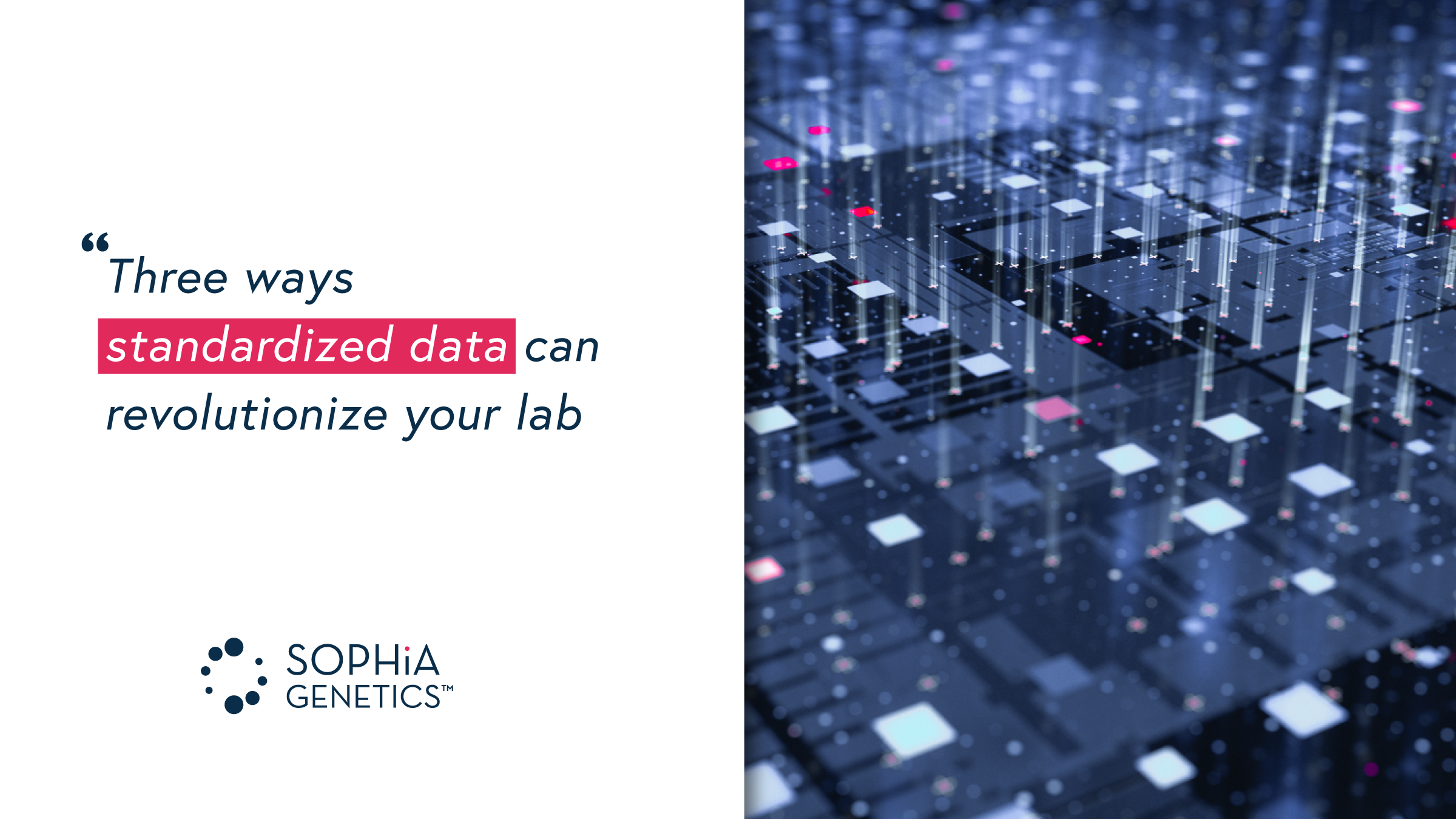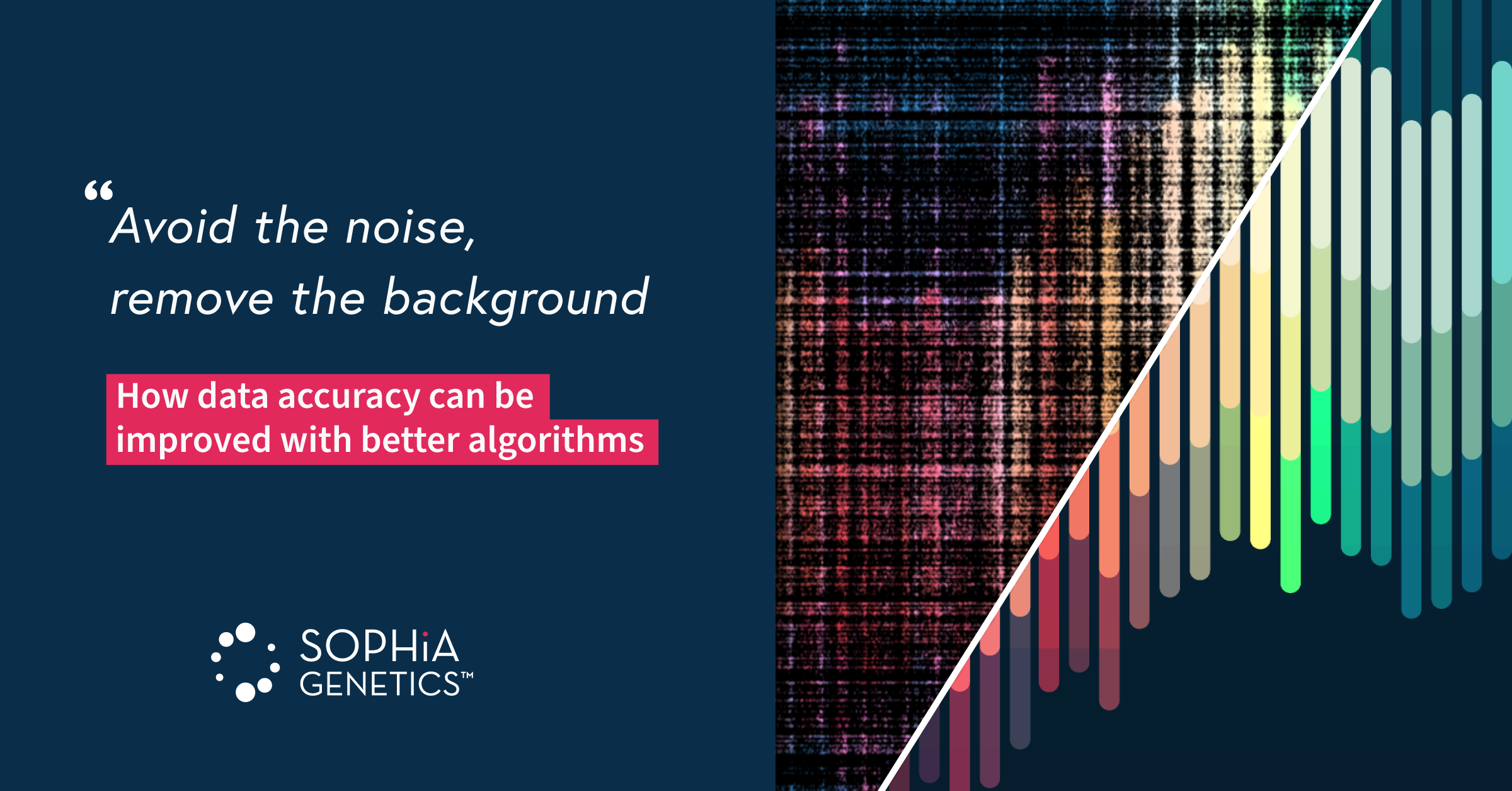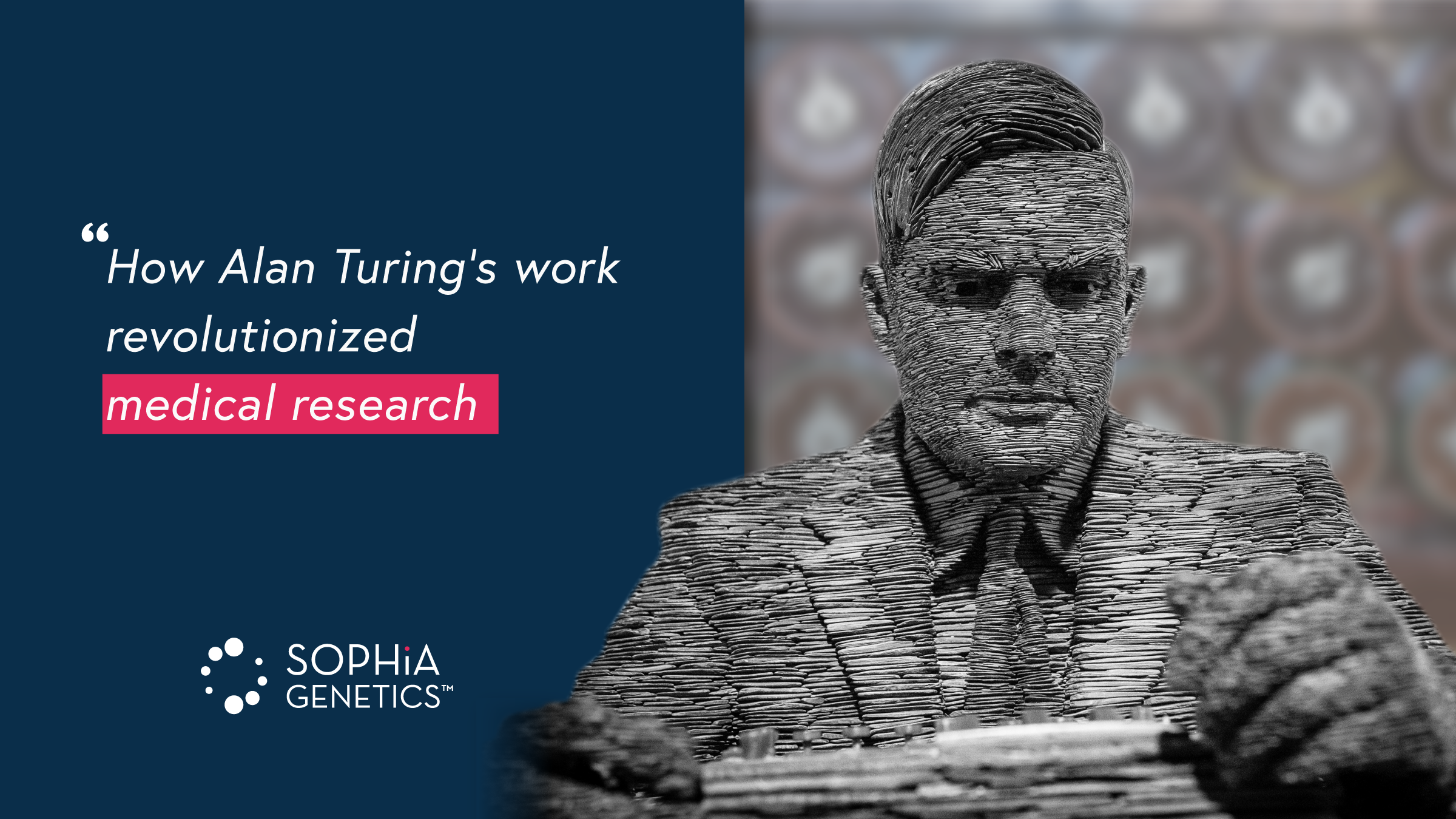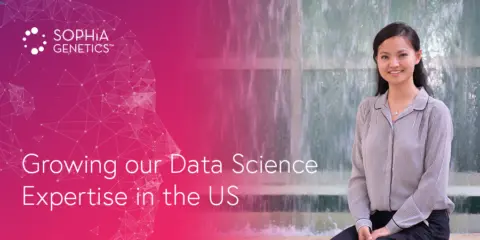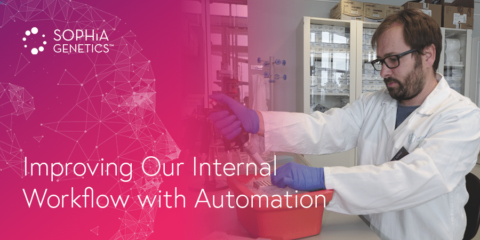Humans being replaced by computers is a common theme in TV shows, movies, books and more. But unlike what we often see in fiction, artificial intelligence (AI) doesn’t replace the human factor in medicine.
technology
3 Ways Standardized Data Can Revolutionize Your Lab
To measure results from one individual against those of a control group and those with similar genomic profiles, data analysis must be unconditionally repeatable.
Avoid the noise, remove the background
The process of tuning into a specific “clean” frequency is not unique to music on the radio alone. Medical research must be reproducible without the static.
Reaching for the Stars Improving Data Transfer
My one inspiration in life has always been my family. Each and every one of them has given me so much, but it’s my uncle, in particular, who helped me discover and pursue my passion for science.
How Alan Turing’s work revolutionized medical research
Sometimes referred to as the father of modern computing, Alan Turing planted the roots of artificial intelligence and machine learning.
Three steps forward in efficient myeloid biomarker learning
More than six people die every hour in the US from a blood cancer. Solutions can’t come fast enough for those who suffer with these cancers all around the world.
Growing our Data Science expertise in the US
My educational and professional journey is a pretty straightforward one, and would have probably been entirely pursued in my native Canada if it wasn’t for a sudden move that happened during my PhD.
Improving Our Internal Workflow with Automation
I have always been drawn to science, any kind of science. I chose to pursue studies in biology in Geneva. 20 years ago, I obtained my Master’s degree in Microbiology based in molecular biology.

